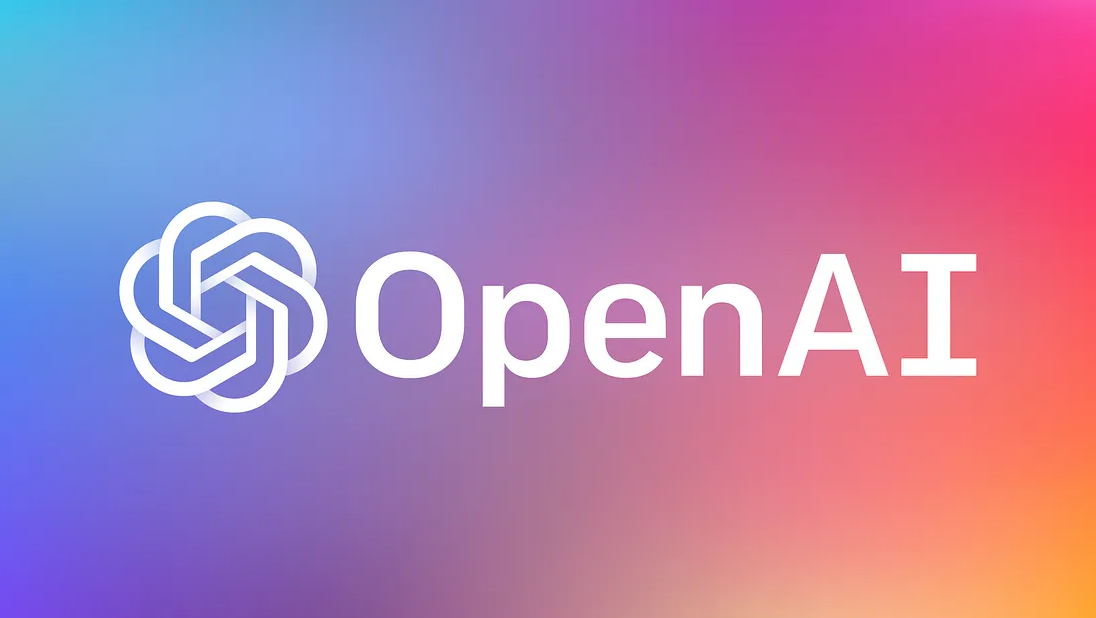OpenAI, founded by Elon Musk, Sam Altman, Ilya Sutskever, and others in 2015, stands as a leading non-profit research company dedicated to the development of safe and beneficial artificial intelligence. This article delves into their latest advancements, initiatives, and ongoing discussions surrounding the future of AI.
Recent Headlines:
- GPT-4 Released: In December 2023, OpenAI unveiled GPT-4, a revolutionary language model boasting even greater capabilities than its predecessors. GPT-4 generates more human-like text, translates languages effortlessly, and writes different kinds of creative content.
- ChatGPT Updates: OpenAI ChatGPT received several upgrades in February 2024, including a “Manage Memory” feature for better control over information processing and new embeddings models for improved context understanding.
- Focus on Safety and Alignment: OpenAI continues to prioritize responsible AI development. Recent blog posts address the dangers of malicious AI use and the importance of “superalignment,” ensuring AI goals align with human values.
- OpenAI API General Availability: The GPT-4 API became generally available in December 2023, enabling developers to integrate its power into various applications. This marks a significant step in democratizing access to this advanced technology.
- Partnerships and Initiatives: OpenAI collaborates with organizations like Axel Springer to explore the ethical use of AI in journalism and awards grants to projects promoting diverse and responsible AI development.
OpenAI Impact:
OpenAI research and developments have far-reaching implications. GPT-4 and other models find applications in diverse fields, including:
- Content creation: From writing code to designing marketing materials, AI empowers businesses and individuals to produce high-quality content efficiently.
- Education and research: AI tutors personalize learning experiences, while language models translate languages and analyze complex data, accelerating research.
- Accessibility tools: AI can create audio descriptions for images, translate sign language, and develop other inclusive technologies.
Challenges and Discussions:
While OpenAI’s advancements are exciting, several concerns and discussions remain:
- Bias and fairness: Ensuring AI models are unbiased and represent diverse perspectives is critical. OpenAI works on mitigating bias but acknowledges the ongoing challenge.
- Job displacement: AI automation might displace certain jobs, necessitating workforce retraining and adaptation.
- Existential risks: Some experts warn of potential dangers from advanced AI, prompting calls for careful development and governance.
The Future of OpenAI:
OpenAI remains at the forefront of responsible AI research. As they continue to develop increasingly powerful models, their focus on safety, alignment, and collaboration with stakeholders will be crucial in shaping a future where AI benefits humanity.
Stay updated:
To follow OpenAI latest developments, visit their website and blog: [https://openai.com/]. You can also join their forum and social media channels for further discussions and insights.
I hope this article provides a good starting point for understanding OpenAI’s work and its impact on the evolving world of AI. Please let me know if you have any further questions.










